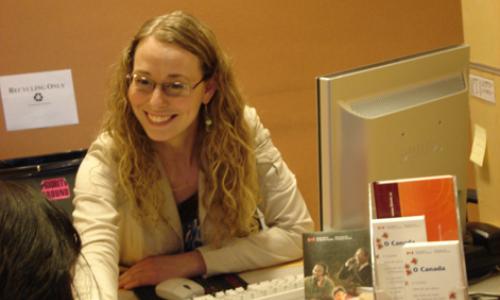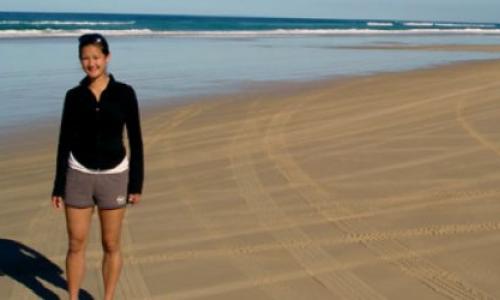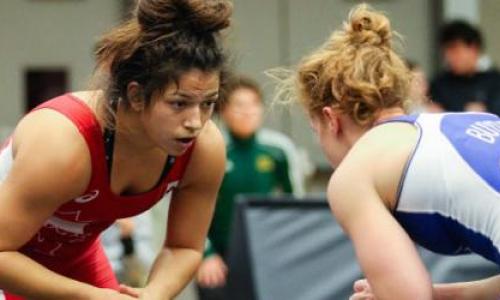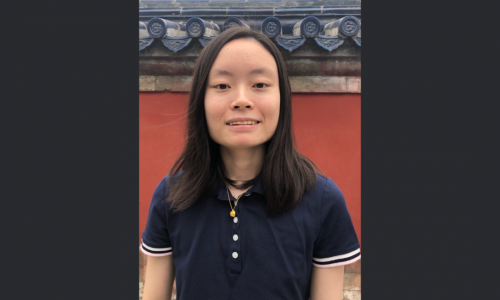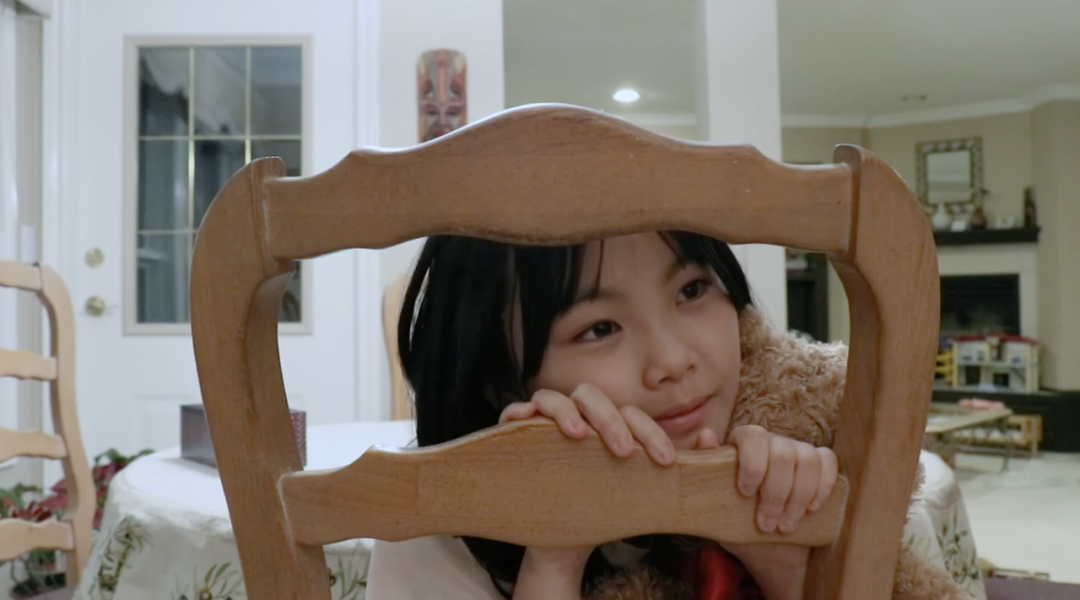
Students in IAT 202 New Media Images during the Spring 2021 semester overcame multiple challenges to create films that, according to instructor Susan Clements-Vivian, were some of the best projects that had ever been submitted for this course.
In not having access to campus facilities throughout the semester, one of the first challenges faced by students was being unable to use the university’s professional equipment.
“Some students owned higher-end cameras but a lot were shooting on cell phones,” says Clements-Vivian. “Most cell phones now come with reasonably good cameras but it's not quite the same and it takes a lot of ingenuity to make it work.”
Clements-Vivian credits the resourcefulness of the course’s teaching assistants (TAs) Jay Tseng, Sam Barnett, and Julian Iliev, in making students feel more comfortable with the equipment they were using.
The TAs shot films with either their own or loaned equipment and then reshot the same films using their cell phones. They did this to demonstrate to the IAT 202 students how similar lighting effects achieved with professional equipment could be recreated with cell phones by using certain techniques.
“This was incredibly valuable and really made a difference in the spirit and camaraderie in the class with everyone going through these things together,” says Clements-Vivian of the TAs who were mostly senior SIAT students working through these problems for their own course projects and who shared their experiences with the class.
For Hannah Leng and Amy Guo, two IAT 202 students who worked together on their film Awaiting, the remote filmmaking process was further complicated by living in different time zones.
Without being together for the shoots, the two team members had to find a balance between shooting, editing, and reshooting if necessary.
“Working long-distance added obstacles to the process,” says Amy who took over the role of director for their film. “Since we were working separately, Hannah had to wait for me to finish filming and upload [the shots] to Google Drive for editing.”
Delays to their schedule were frequent since feedback from Hannah could only come after scenes were filmed rather than concurrently with the filming. To make their filming and editing process more efficient, the pair came up with creative ways to minimize reshoots.
“I used more than two cameras to take as many different angles or lightings as possible in one shot to give Hannah more choice for editing,” comments Amy on the adjustments they made throughout the process.
Different obstacles arose for Hannah and Amy’s fellow student Steven Han who worked independently on his film Isolated Nightmares.
“The most challenging thing for me was working individually,” shared Steven on working remotely. “I was the actor and the camera man at the same time.”
Since he did not have access to professional tools at the time, Steven used an iPhone 11 with a stabilizer.
“I couldn’t remotely control the camera movement, so I had to find a way to make it work,” added Steven.
The individual filmmaking process was not without its rewards, however.
“These limitations challenged me in a good way,” explains Steven. “Being the one in control throughout the filmmaking process is a whole new experience and I learned even more compared to working in a team.”
Throughout the semester, Clements-Vivian was impressed that students in the course did not use the hurdles that faced them to let the standard of their work slide, but instead overcame these challenges in inventive ways.
“There was a positive attitude across the board,” says Clements-Vivian. “The students had an understanding that it was a difficult time and they supported each other.”
When asked about their favourite part of the filmmaking process each student had a different answer.
“I really enjoyed designing the lighting,” says Steven. “I tried many different ways to convey the tone of this film and it made me believe how important and crucial lighting is in films.”
For Amy and Hannah, the best part was learning the different filming techniques used in celebrated movies and the perception of different aesthetics in films.
“It definitely changed our view and we really enjoyed the process of moving from theory to practice during the film-making process,” comments Amy.
Originally published on the SFU SIAT Page on June 16th, 2021
Beyond the Blog
-
AWAITING Student Film
-
ISOLATED NIGHTMARES Student Film










